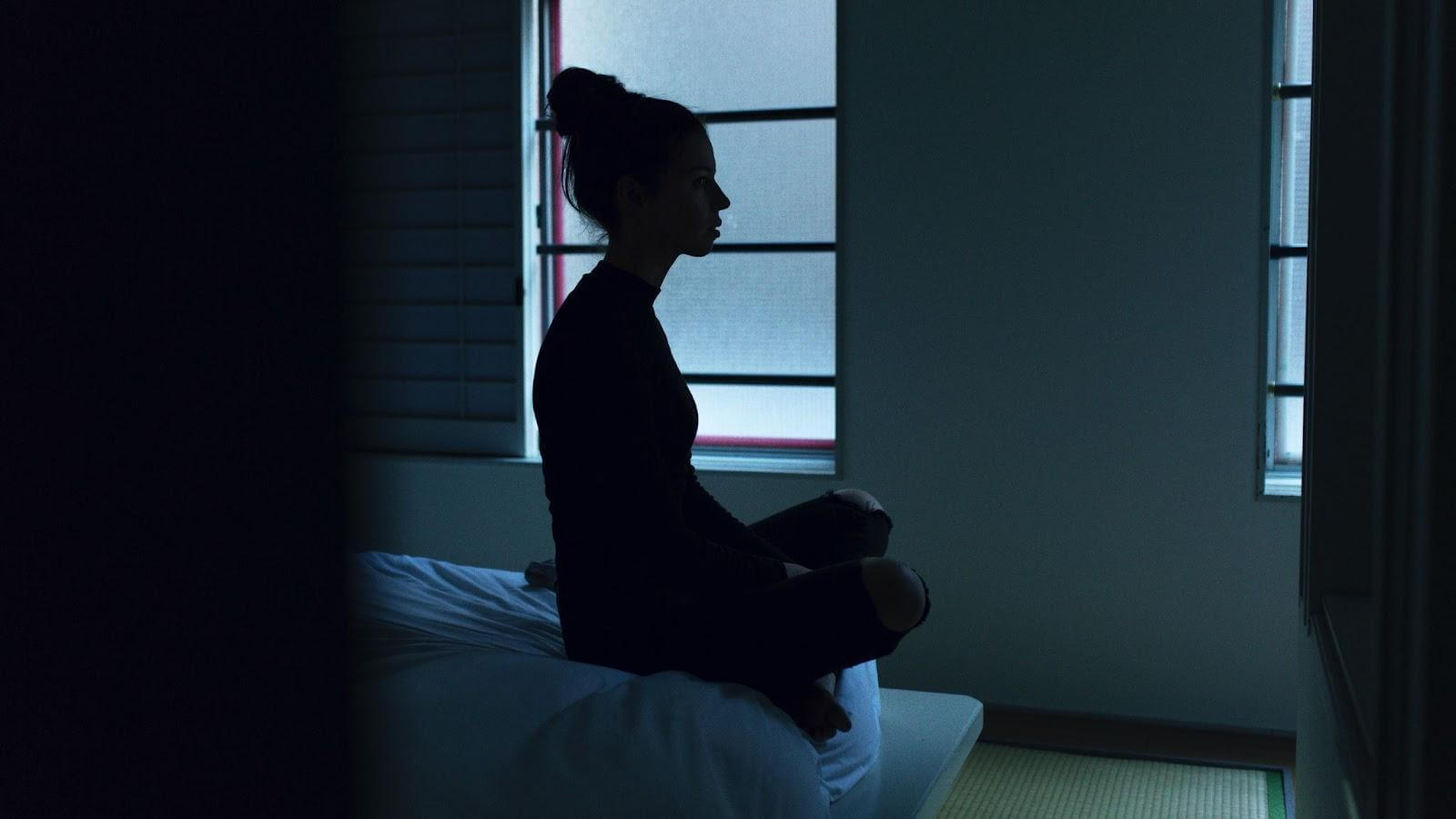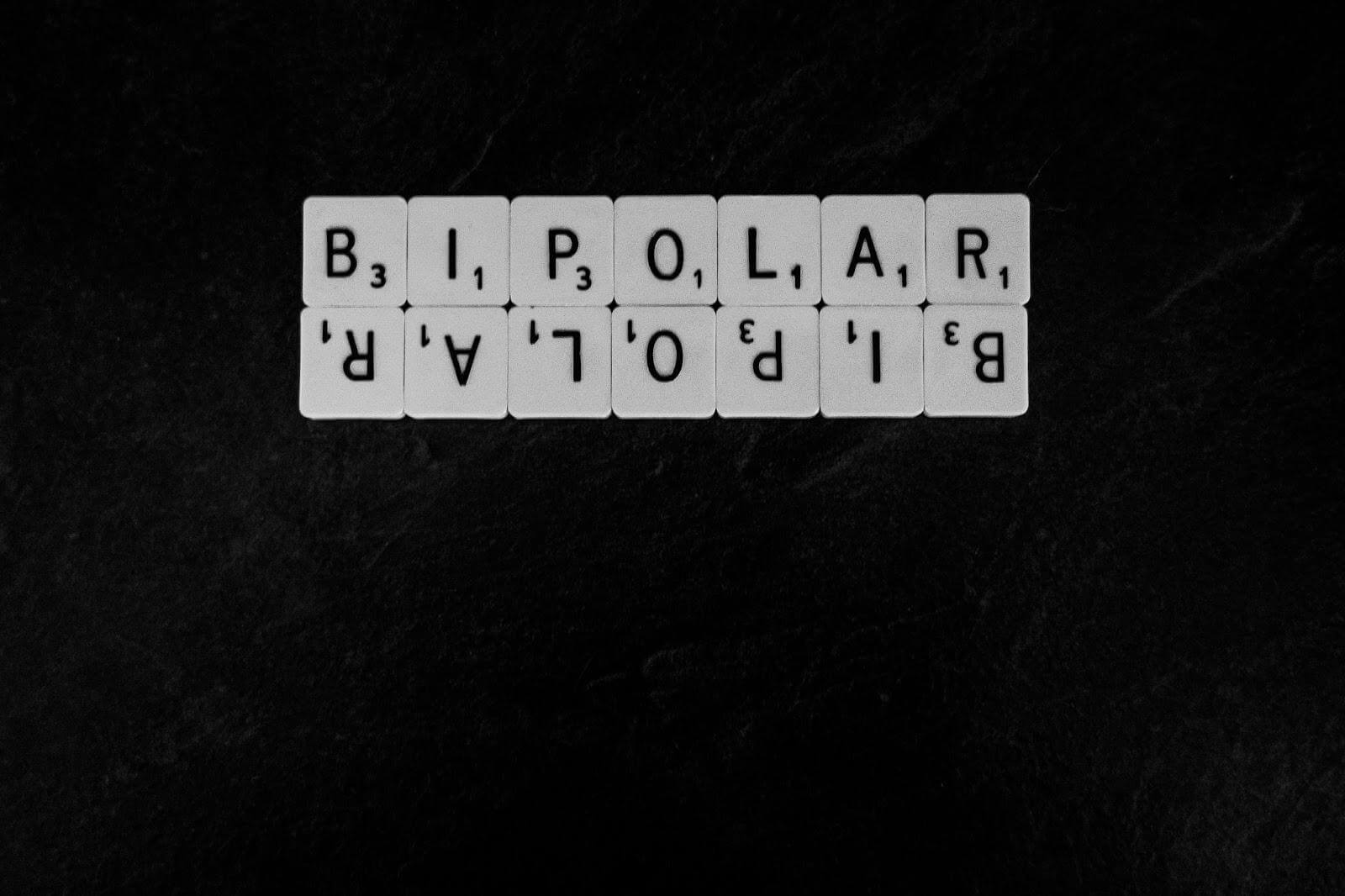Highlights
- Bipolar disorder is a mental health condition characterized by intense mood swings.
- Bipolar disorder may be treated with mood stabilizers, antidepressants, anticonvulsants, or antipsychotics in combination with therapy.
- You can find the lowest price for bipolar disorder medications at BidRx.
Bipolar disorder is a mental health condition that affects about 2.8% of the American population — especially people in their 20s and 30s. The intense emotional highs and lows of bipolar disorder can have a tremendous impact on your life, making it hard to work, socialize, and keep up with daily activities. Thankfully, many people living with this common mental health condition are able to manage their symptoms with a combination of medication, therapy, and support from loved ones.
Bipolar Disorder Symptoms
Bipolar disorder (formerly called manic-depressive disorder) is characterized by extreme mood swings that can last for days, hours, or even weeks. Between these episodes, people with bipolar disorder typically feel stable and experience a normal mood.
People with bipolar disorder experience two primary types of mood swings: manic episodes and depressive episodes.
Manic Episode Symptoms
- Elevated mood or extreme irritability
- Unusually high energy or activity levels
- Racing thoughts
- Difficulty sleeping
- Difficulty concentrating
- Reckless behavior, such as excessive spending, risky sexual activity, or substance abuse
Depressive Episode Symptoms
- Low mood, sadness, or irritability
- Loss of interest in activities you used to enjoy
- Difficulty sleeping or oversleeping
- Fatigue or loss of energy
- Feelings of worthlessness or guilt
- Difficulty concentrating or making decisions
- Thoughts of suicide or self harm
In some cases, you may experience both manic and depressive symptoms at the same time. In a mixed state, it’s possible to feel agitated, impulsive, hopeless, and fatigued all at once.
You may also experience rapid cycling, in which you quickly and repeatedly swing from manic to depressive episodes.
Despite these extreme symptoms, it can be difficult to recognize how much this emotional instability disrupts daily life. Everyone’s experience is different, so it’s important to discuss all your symptoms with your doctor to find the right treatment for you. Seeking treatment from a mental health professional can help you get your symptoms under control.
Bipolar Disorder Types
There are three primary types of bipolar disorder.
- Bipolar I disorder. This condition is characterized by at least one manic episode that lasts one week or more. A major depressive episode is common, but not necessary for a diagnosis of bipolar I.
- Bipolar II disorder. This type includes recurring depressive episodes and at least one manic episode, which may be less severe. This less-intense kind of mania, called hypomania, is common in bipolar II disorder.
- Cyclothymic disorder. Cyclothymic disorder is characterized by multiple manic or hypomanic and depressive episodes. These fluctuations may not meet the criteria for bipolar I or II disorder, but these mood swings persist for two years or more.
Bipolar Disorder Risk Factors and Causes
Currently, there is no known way to prevent bipolar disorder, and its causes are not fully understood. However, researchers have discovered some factors that may contribute to this mental health condition.
- Genetic factors. People with a family history of bipolar disorder have a higher risk of developing it themselves, especially if a close relative (like a parent or sibling) has it.
- Stress and trauma. High-stress situations, childhood trauma, or significant life disruptions can trigger the onset of bipolar disorder or worsen symptoms.
- Substance abuse. Drug or alcohol misuse can intensify bipolar disorder symptoms.
Although bipolar disorder can affect people of any age or gender, studies show that bipolar disorder may be more commonly diagnosed in women.

Bipolar Disorder Diagnosis
Only a doctor or mental health professional can diagnose bipolar disorder. In order to reach a diagnosis, your doctor or mental health professional may take the following steps:
- Gather information on your personal and family history
- Physical examination to rule out other causes for your symptoms
- Give a bipolar disorder test
Some physical health conditions, like thyroid disorders, may also have similar symptoms, so your doctor may conduct lab tests as well.
If you have bipolar disorder, your symptoms must meet the diagnostic criteria outlined in the Diagnostic and Statistical Manual of Mental Disorders (DSM-5). The symptoms of bipolar disorder are sometimes confused with borderline personality disorder, depression, ADHD, and other common mental health conditions.

Bipolar Disorder Complications
On its own, bipolar disorder is not harmful to your physical health, but extreme mood swings can trigger unsafe behavior.
During manic episodes, you may engage in reckless or impulsive activity that could be dangerous. Episodes of bipolar depression can make it hard to do routine self-care and may lead to thoughts of self-harm. If you have bipolar disorder, be sure to talk to your doctor about any risky behaviors or thoughts of suicide. Seek immediate medical help if you think you may be a danger to yourself or others.
When left untreated, bipolar disorder can lead to other challenges to your overall well-being, like financial and legal issues, difficulty working and socializing, and trouble seeking appropriate and timely treatment.
For some people, bipolar disorder can occur at the same time as other conditions, including:
- Anxiety
- Migraines
- Thyroid disease
- Obesity
- Diabetes
- Heart disease
- Substance abuse
- Eating disorders
- Behavioral disorders
Bipolar Disorder Treatment
Like many other mental health conditions, there is no cure for bipolar disorder, and it doesn’t go away on its own. However, there are treatments available to manage symptoms and help you feel more stable.
Prescription medications can include:
- Mood stabilizers. Lithium is commonly prescribed to reduce mood swings.
- Anticonvulsant medications. Anti-seizure medications like valproic acid (Depakote) may slow down the electrical impulses in the brain and reduce manic episodes.
- Antidepressants. Antidepressants like fluoxetine (Prozac), bupropion (Wellbutrin), and sertraline (Zoloft) may help ease depressive episodes.
- Atypical antipsychotics. Antipsychotics like aripiprazole (Abilify) may help stabilize moods and ease mixed state episodes. They may also be prescribed “off label” to treat the anxiety that often accompanies bipolar disorder.
Treatment for bipolar disorder often involves a combination of medication, therapy, and following an active, healthy lifestyle. Your doctor can develop the treatment plan that works best for you.

Get the Lowest Price for Bipolar Disorder Medications
Millions of Americans have bipolar disorder, and if your doctor has prescribed medication, BidRx can help you find the lowest prices for your prescriptions. Compare pharmacies to find the best price, then pick up your medications locally or have them shipped right to your door. To get started, find your bipolar disorder medicines on our medication page and place your bid today.
This information is intended for general informational purposes only. It is not a substitute for professional medical advice, diagnosis, or treatment. Always seek the advice of your physician or other qualified health provider with any questions you may have regarding a medical condition or medication.
